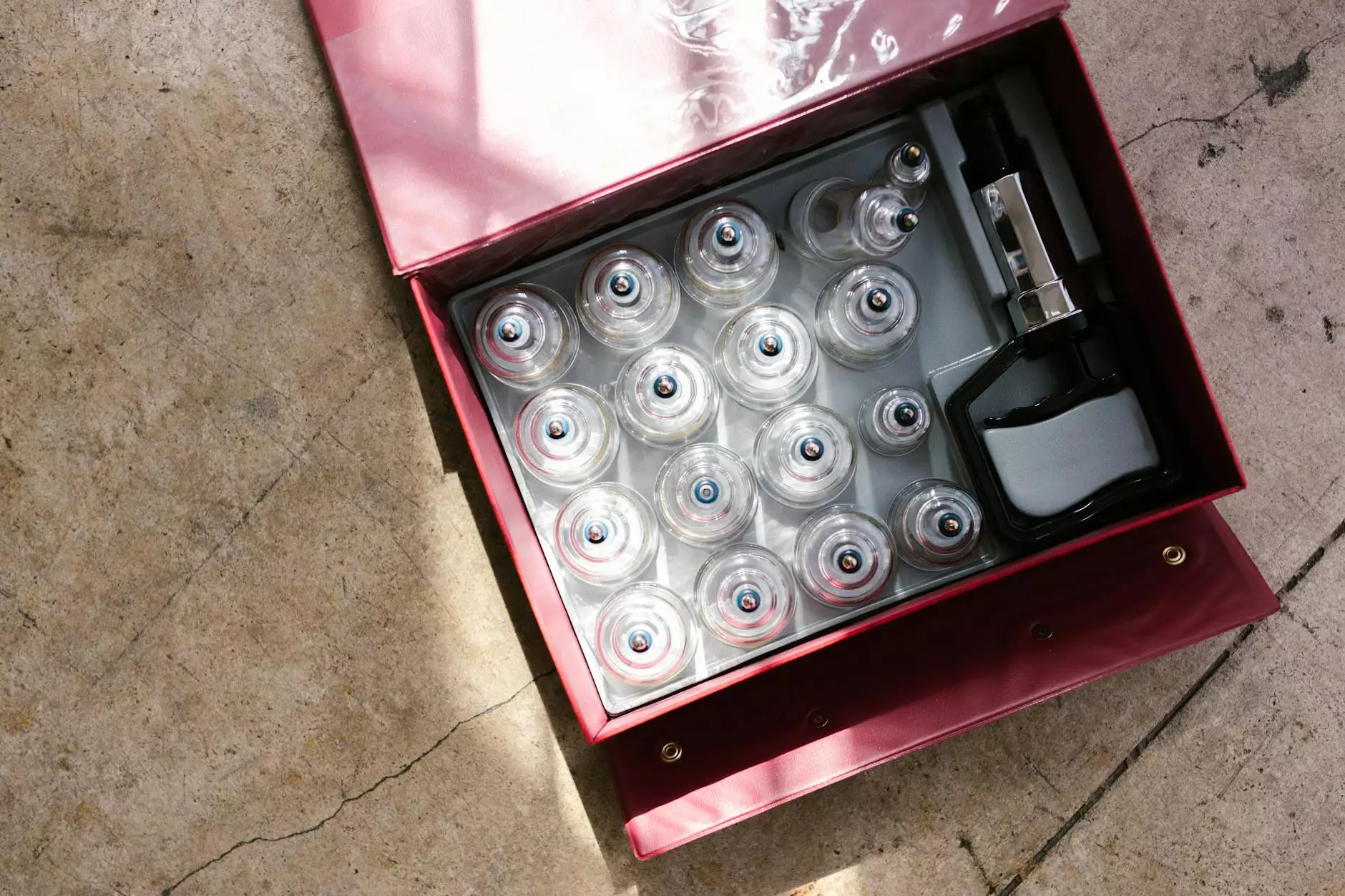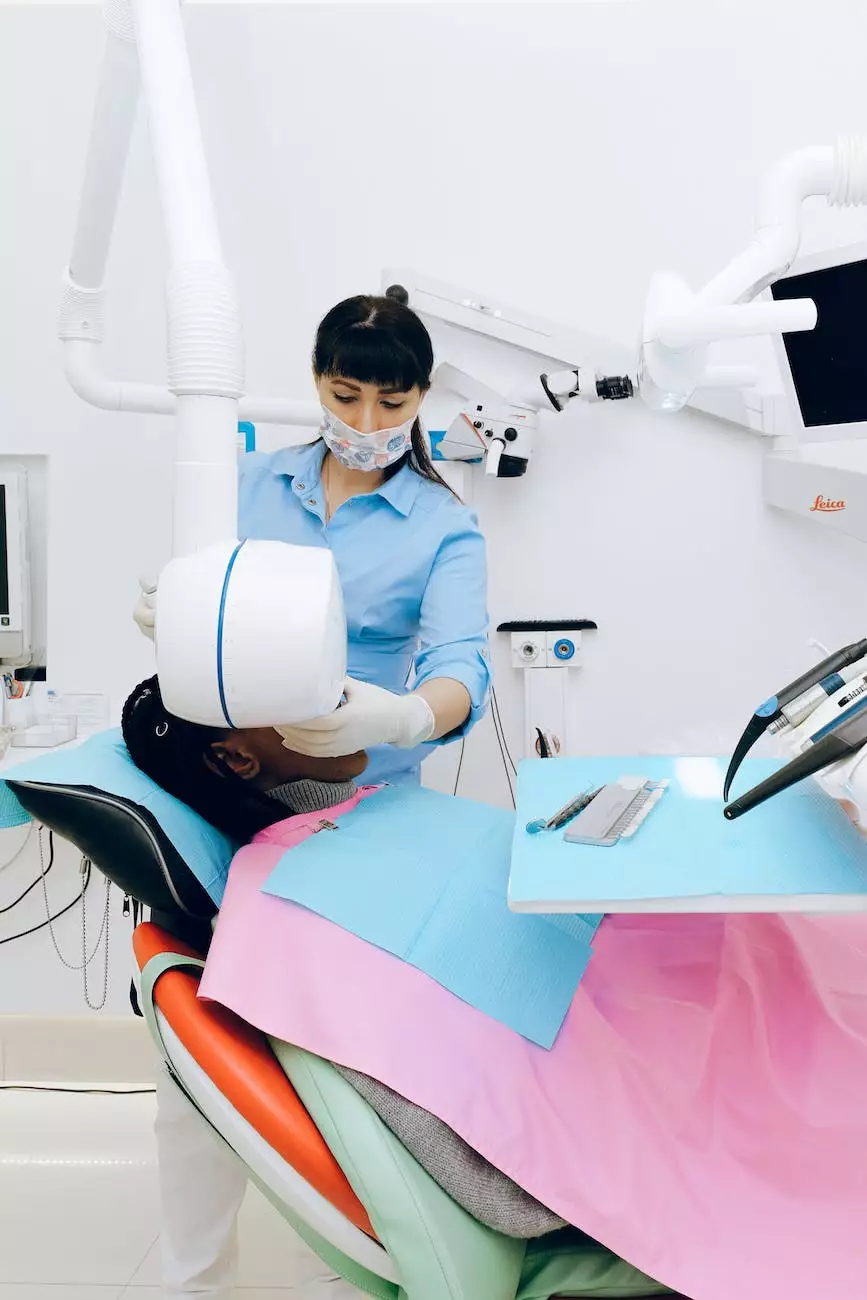Effective Treatment for Peroneal Tendonitis at The Foot Practice

Introduction
At The Foot Practice, we understand the importance of providing top-quality health and medical services to our patients. As experienced podiatrists specializing in foot care, we pride ourselves on offering effective treatment options for various foot conditions. In this article, we will delve into the topic of peroneal tendonitis and explore the best treatments available to help you alleviate pain and recover faster.
Understanding Peroneal Tendonitis
Peroneal tendonitis is a common foot condition that affects the peroneal tendons located on the outer side of the ankle. These tendons play a crucial role in stabilizing the foot and aiding in movement, especially during walking, running, and other physical activities. When these tendons become inflamed or irritated due to overuse, injury, or other factors, it can lead to pain, discomfort, and limited mobility.
Symptoms and Causes
The symptoms of peroneal tendonitis may vary but often include:
- Pain on the outer side of the ankle or foot
- Swelling and tenderness
- Difficulty in moving the foot or ankle
- Weakened ankle stability
Several factors can contribute to the development of peroneal tendonitis, such as:
- Overuse or repetitive strain on the tendons
- Sudden increase in physical activity
- Improper foot mechanics or alignment
- Wearing ill-fitting shoes
- Previous ankle or foot injuries
Expert Podiatric Care for Peroneal Tendonitis
When it comes to treating peroneal tendonitis, seeking professional help from skilled podiatrists is crucial. The Foot Practice, a leading podiatry clinic specializing in foot care, offers a range of effective treatment options tailored to the unique needs of each patient.
1. Proper Diagnosis and Assessment
Our experienced podiatrists will conduct a thorough examination and assessment of your condition to ensure an accurate diagnosis. This may involve analyzing your medical history, performing physical exams, and utilizing diagnostic imaging techniques if necessary. By understanding the underlying causes and extent of your peroneal tendonitis, we can develop a personalized treatment plan to address your specific needs.
2. Conservative Treatment Approaches
In most cases, non-surgical or conservative treatment methods effectively manage peroneal tendonitis. Our podiatrists may recommend the following:
- Rest and activity modification: Taking a break from activities that aggravate the condition and gradually introducing low-impact exercises to aid in recovery.
- Ice and heat therapy: Applying ice packs to reduce inflammation and heat packs to promote blood circulation and relaxation of the affected area.
- Physical therapy: Targeted exercises to strengthen the peroneal tendons and improve flexibility and range of motion.
- Orthotics and footwear recommendations: Custom orthotic devices to support the foot's natural alignment and proper footwear choices to reduce stress on the tendons.
3. Advanced Treatment Options
If conservative measures don't provide sufficient relief, The Foot Practice offers advanced treatment options that may include:
- Extracorporeal Shockwave Therapy (ESWT): Utilizing high-energy shockwaves to stimulate the body's natural healing process and reduce pain and inflammation.
- Regenerative Medicine: Cutting-edge techniques such as platelet-rich plasma (PRP) therapy or stem cell injections to promote tissue regeneration and accelerate healing.
Prevention and Post-Treatment Care
Prevention and proper post-treatment care play vital roles in managing and preventing recurrent peroneal tendonitis. Here are some key recommendations:
Avoid Overuse and Listen to Your Body
It's important to avoid overuse or sudden spikes in physical activity. Gradually increase the intensity and duration of exercises, allowing your body to adapt and strengthen over time. Listen to your body's signals of pain or discomfort and take appropriate rest breaks when needed.
Wear Proper Footwear
Choose footwear that provides adequate support, cushioning, and stability for your feet. Avoid ill-fitting shoes that can strain the peroneal tendons and contribute to the development of tendonitis. If necessary, consult with our knowledgeable podiatrists for expert advice on selecting the right footwear for your specific needs.
Stretch and Strengthen
Perform regular stretching exercises to improve the flexibility of your calf muscles and peroneal tendons. Strengthening exercises focusing on the lower leg muscles can also help maintain stability and reduce the risk of tendon injuries.
Follow Recommended Rehabilitation
After treatment, follow the rehabilitation plan provided by our podiatrists to ensure a full and successful recovery. This may include specific exercises, orthotic usage, and gradual return to normal activities. Compliance with the rehabilitation process will significantly reduce the chances of reinjury.
Conclusion
When it comes to receiving expert care and effective treatment for peroneal tendonitis, The Foot Practice stands out as a leading podiatry clinic specializing in foot care. Our experienced podiatrists utilize a comprehensive approach, combining conservative methods with advanced therapies to ensure optimal recovery and long-lasting results. Don't let peroneal tendonitis hinder your daily activities – reach out to The Foot Practice and take the first step towards a pain-free and active lifestyle.
treatment peroneal tendonitis









